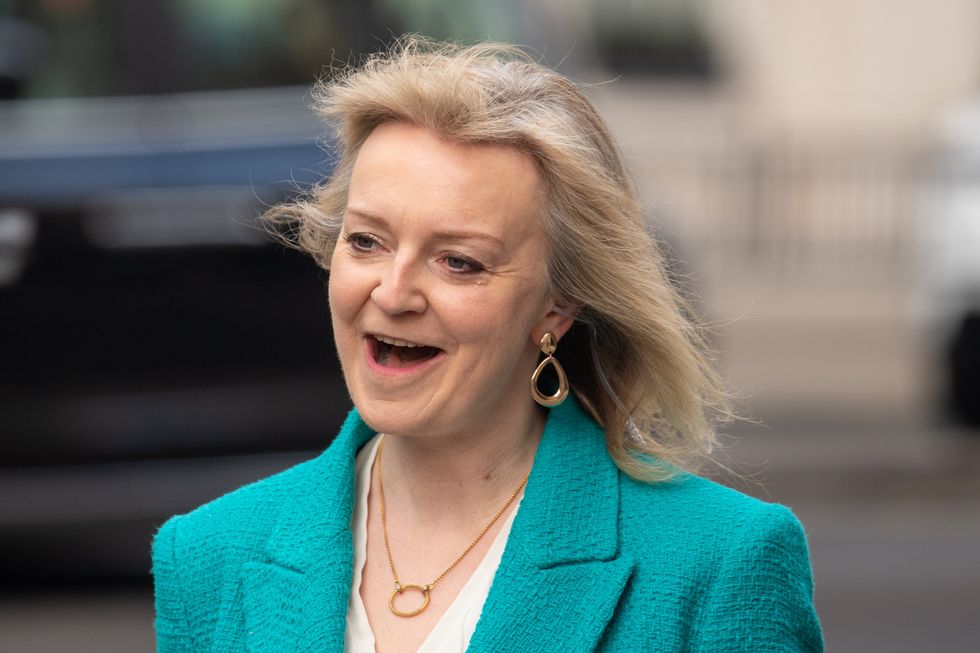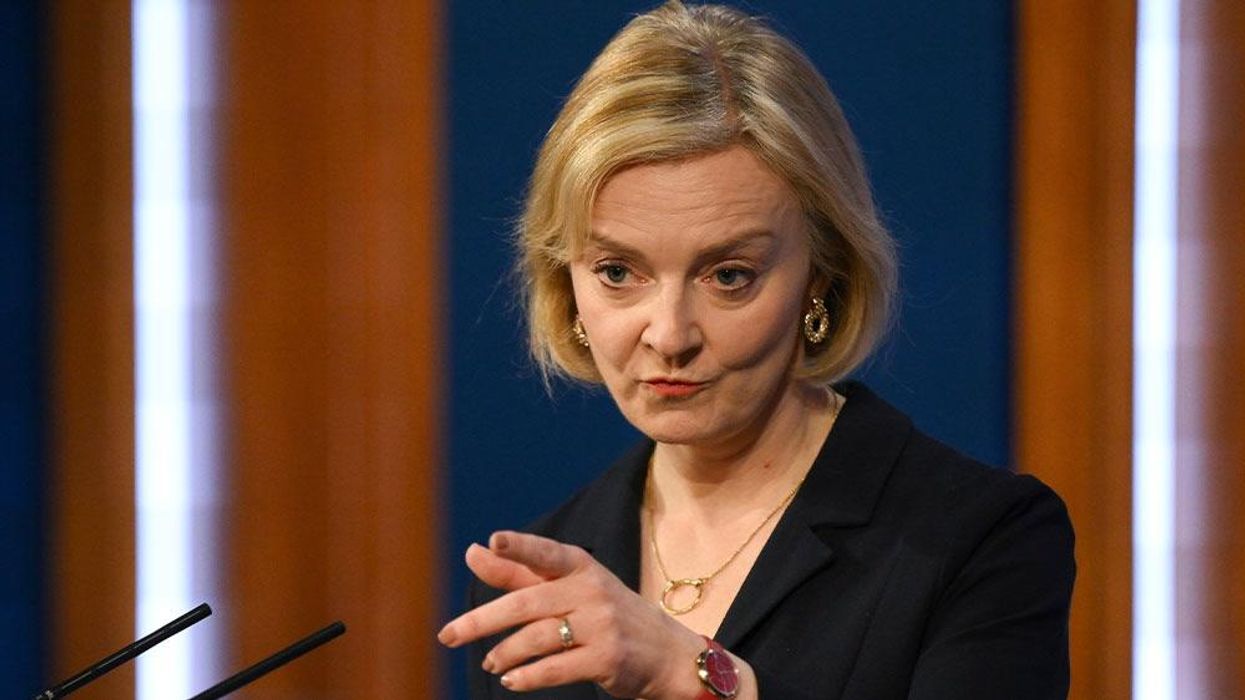Who could replace Liz Truss as prime minister if she is ousted?
Video
In the world of politics, nothing is certain and that is something previous UK prime ministers can vouch for.
One minute you can lead your party to a landslide victory, next you lose favour or get caught up in scandal and get pushed out the door - something Boris Johnson knows all too well.
But his successor has struggled, almost from the get-go. Since Liz Truss won the Tory party leadership contest in September, her chancellor Kwasi Kwarteng announced a controversial mini-budget that resulted in the pound hitting an all-time low against the dollar since decimalization in 1971.
Sign up to our free Indy100 weekly newsletter
Kwarteng was subsequently sacked as chancellor and replaced with Jeremy Hunt. The move left many feeling the government was unsteady and unreliable.
To add to this, Suella Braverman also left her role as home secretary after she was found to have sent an official document from a personal email.
The feelings of instability peaked on Wednesday evening when a chaotic scene unfolded in Parliament when during a vote on fracking which was supposed to be seen as a confidence vote.
Several PMs reportedly saw Tory MPs 'manhandled' and 'bullied' into voting for the government but 40 MPs ignored the whip or didn't submit a vote.
By Thursday, it was clear Truss no longer be able to lead the government and she announced her resignation and will exit next week, thus making her the shortest-serving UK PM in history.
Liz Truss (September 2022 - October 2022)
Party: Conservative
Time in office: 44 days upon resignation announcement

During her resignation announcement, Truss said she would remain Prime Minister for the next week until a new one is chosen.
Before Truss though, the shortest serving PM was Sir Alec Douglas-Home who was only in office for 363 days from 1963 to 1964.
Douglas-Home became the Tory party leader after Harold Macmillan resigned but ended up losing the top job to another Harold in the 1964 election, after being narrowly defeated by Labour's Harold Wilson.
During his year-long tenure, the ex-PM clashed with trade unions and was also the country's leader when US President John F Kennedy was assassinated, and US ties declined with Lyndon B. Johnson after British Leyland buses were sold to Cuba.
In 1964, Douglas-Home also managed to foil his own kidnap attempt planned by two left-wing students but after offering the pair a few beers the then-PM managed to talk them out of the plot.
Have your say in our news democracy. Click the upvote icon at the top of the page to help raise this article through the indy100 rankings.
Top 100
The Conversation (0)














